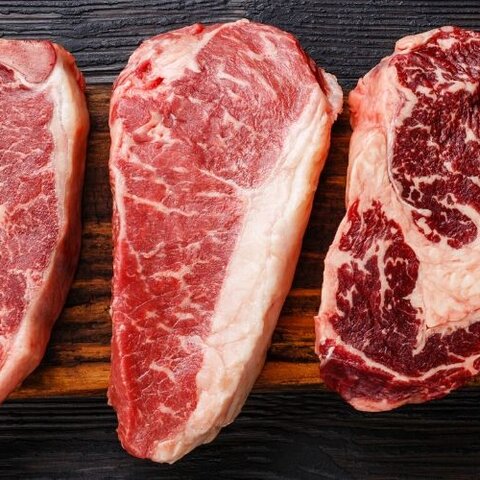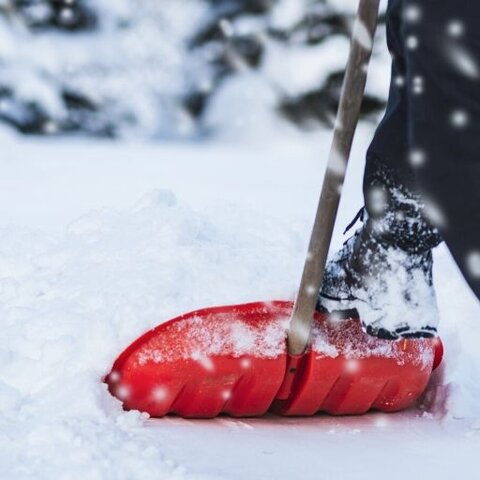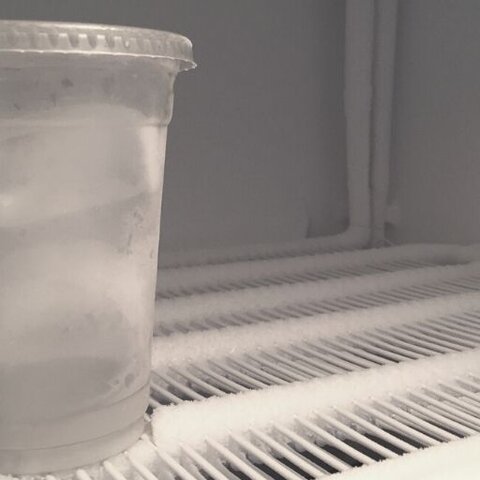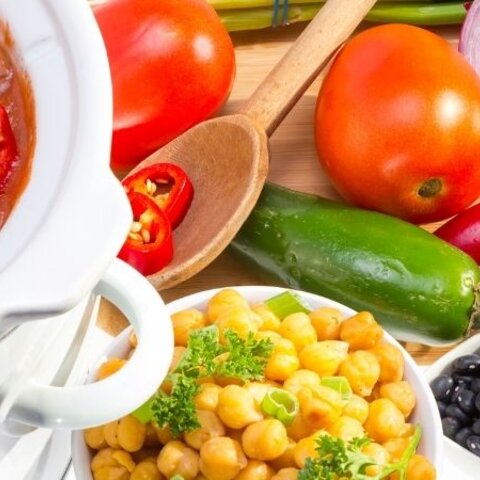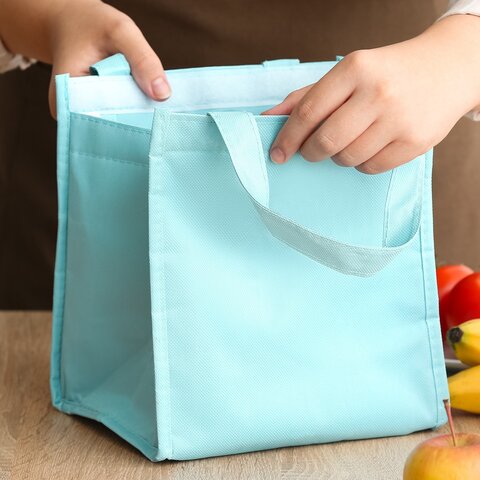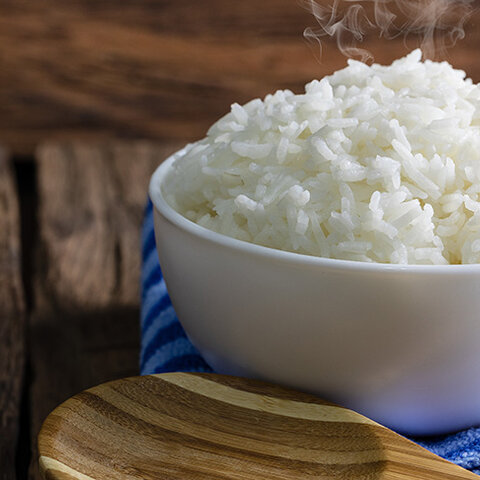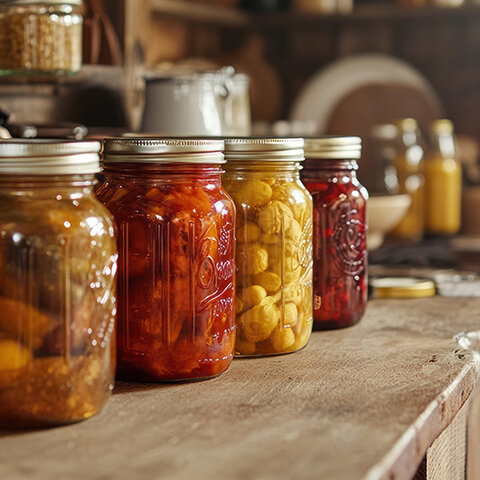
If any type of unexpected emergency strikes your community, it may be challenging to provide safe food and water for your family or business. This page will provide you with useful information so you can be prepared when an emergency strikes, and know how to keep your food, family and community safe during and after an emergency.
Information from Nebraska Extension
Additional Resources:
Food Safety and Flooding:
- Centers for Disease Control and Prevention: How to Safely Clean and Sanitize with Bleach
- North Carolina State Extension: Kitchen Cleanup After the Flood
- USDA: Keeping Food Safe During an Emergency. Guidance on salvaging all-metal cans and retort pouches; cleaning and sanitizing pots, pans, utensils and counters
- FDA: Food and Water Safety During Power Outages and Floods - Spanish version
Food Safety and Power Outages:
- Foodsafety.gov: Refrigerated and Frozen Food and Power Outages: When to Save and When to Throw Out
- Centers for Disease Control and Prevention: Keep Food and Water Safe After a Disaster or Emergency
- USDA: Solving Odor Problems in your Refrigerator or Freezer: If food has been allowed to spoil in a refrigerator or freezer, the strong odors associated with food spoilage may be extremely difficult to remove.
- Nebraska Extension: Is This Food Still Safe to Eat? Frequently Asked Questions
- Nebraska Extension: Food Poisoning (Foodborne Illness)
Food Safety and Fires:
USDA: Fires and Food Safety
Food Safety for Restaurants and Grocery Stores in Emergencies:
- FDA: Restaurants and Grocers Reopening After Hurricanes and Flooding
- FDA: Food Defense and Emergency Response for Retain Food
Food Safety for Volunteers:
- USDA/FSIS: Cooking for Groups: A Volunteers Guide to Food Safety - Spanish Version
- Nwadike, Londa, Kansas State University and University of Missouri Extension: Volunteer Quantity Cooking Safety Fact Sheet
Tags:


